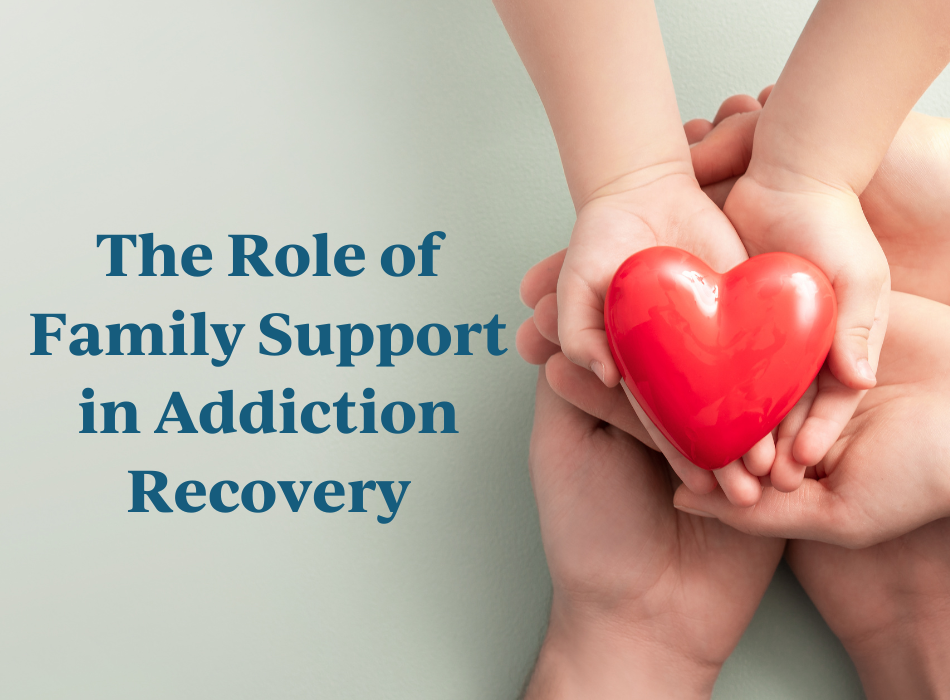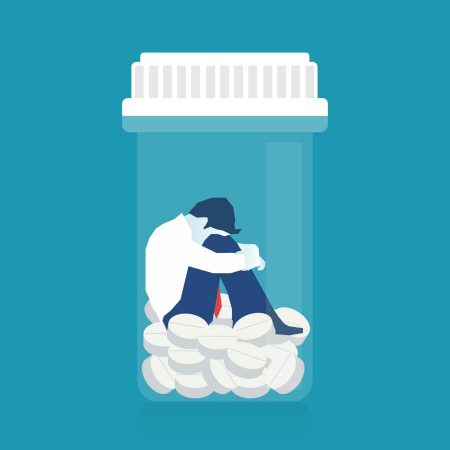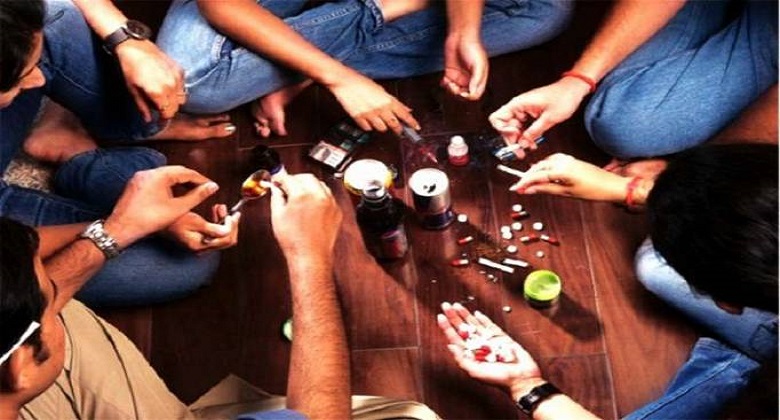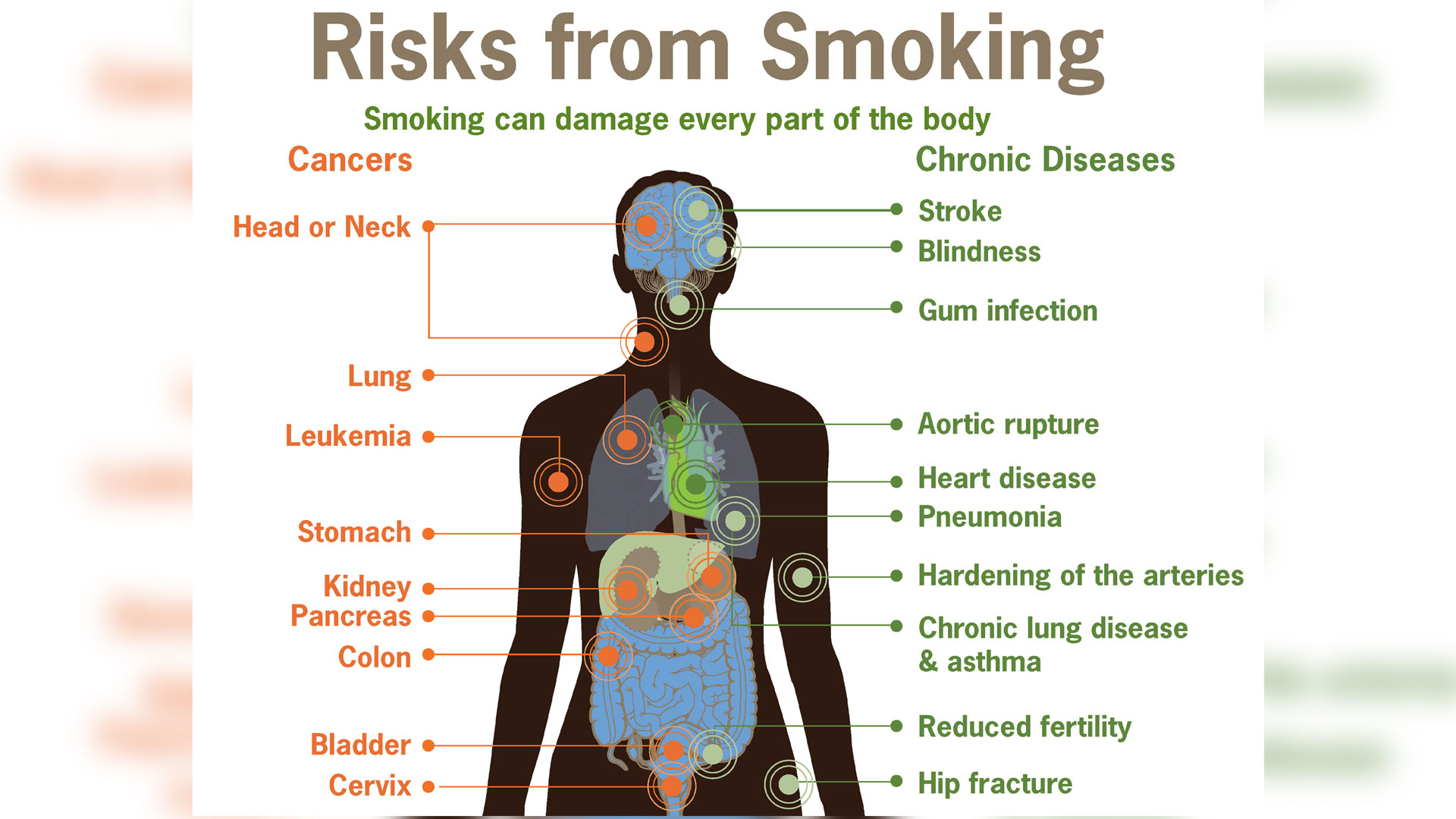When a loved one has addiction problem, the hardships impact everyone in the family. Addiction can change family dynamics, weaken communication, and erode trust. It can often feel like you’re at a loss, unsure where to turn or what to do next. However, family members can play a crucial role in encouraging a loved one to achieve and maintain sobriety. In time, you’ll find that you can heal from addiction and create a healthier home environment for everyone.
Family members can play a significant role in their loved one’s addiction recovery. In many cases, you can work together with your loved one to encourage them to get help. A healthy support system can also help prevent relapse. Here’s how to help a family member with addiction:
- Educate yourself: It’s crucial that you take the time to learn more about addiction and what recovery can look like. That way, you can better understand what your loved one is going through and offer the support they need.
- Ask what they need: Let your loved one choose the level of involvement you play in their recovery. Ask what they need during this process and how you can support them without making assumptions.
- Offer encouragement: It’s important that your loved one feels empowered to manage issues as they arise while knowing they can turn to you for emotional support.
- Promote accountability: Offer encouragement and compassion while simultaneously holding your loved one accountable. Set healthy boundaries, but be there for them when they need someone to talk to.
- Help them avoid triggers: You’ll also want to maintain a supportive family dynamic after treatment. Understand your loved one’s unique addiction triggers so you can help them avoid them and prevent relapse.
- Trust the process: Understand that recovery is ongoing, and you must be patient and realistic throughout your loved one’s treatment. Just offering your emotional support can go a long way in their recovery.
- Do sober activities: You can do many sober activities together to strengthen your bond, prevent loneliness, and encourage healing. So that they feel valued and loved. You can meet health goals together and ensure they feel supported throughout their recovery.
How to Support a Loved One in Treatment
As your loved one begins recovery, you can support them in various ways:
Give Them Space
You’ll want to give your loved one the space they need to focus on their recovery. They will be undergoing the challenging experience of learning to live without substances while addressing the underlying issues that caused the addiction. That way, they can take actionable steps to heal and maintain sobriety.
Trust the Professionals
It can be difficult to witness a loved one struggling and entering treatment. But it’s best that you let the professionals handle the issues and allow them to create the most effective treatment plan.
Practice Self-Care
As mentioned, self-care is critical. Remember to spend time with your other family members throughout the course of treatment. Exercise, get proper sleep, and eat balanced, nutritious meals to support your mind and body. You can also use this time to address issues that might have developed over the course of your loved one’s addiction by attending therapy sessions of your own.
Try Family Therapy
Offer support to your loved one by showing up to family counseling if needed. Mental health professionals can help you and your family to cope with the difficult feelings that often arise when a loved one is struggling with addiction. These sessions can also provide you with the tools to establish healthier communication and a supportive home environment.
Set Boundaries
Be honest with your loved one if you need more time to focus on yourself and your needs. It’s also important to avoid enabling behaviors. Setting boundaries and giving yourself time to heal can help reduce stress and depression and allow you to offer better support.
Remain Optimistic
It’s important to stay positive for your loved one while also realizing you cannot control the outcome of their treatment. Remain hopeful but realistic throughout the recovery journey and take things day by day.
Get Family Counseling Services at Addiction Management Center
Addiction can significantly impact the family members of those affected. However, you can support a loved one in many ways and care for yourself during the process. At AMC, we understand the challenges your family might be experiencing. That’s why we offer educational programming, family therapy, support groups, and various resources to help family members heal from the impact of addiction.
Our various levels of care and support services can ensure your loved one gets the right treatment for their needs. To learn more about our programs, contact us today.








